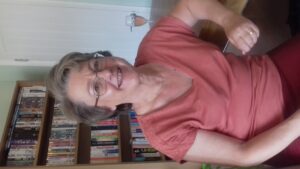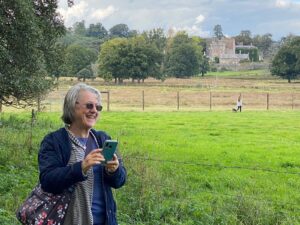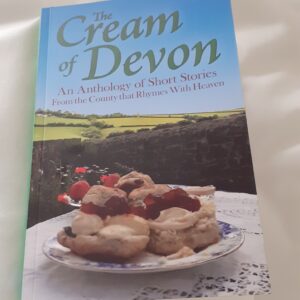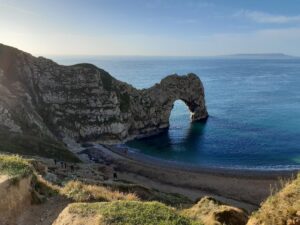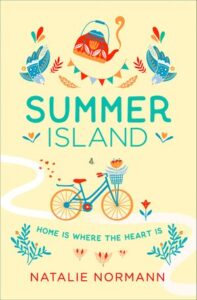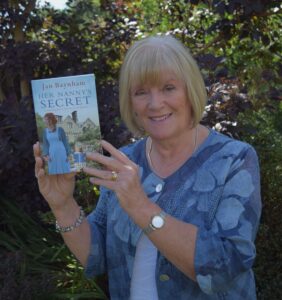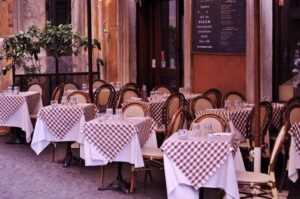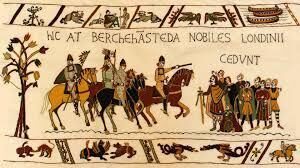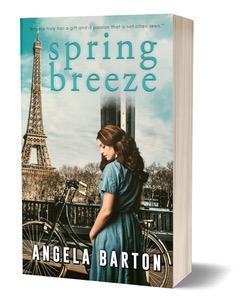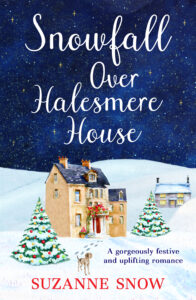 My latest book ‘Tempted by her Outcast Viking’, begins in Viking age York, known at the time as Jorvik.
My latest book ‘Tempted by her Outcast Viking’, begins in Viking age York, known at the time as Jorvik.
York has a special place in my heart as I went to university there. It’s a beautiful historic city, and still remains quite small in size. Walking through its old town you can easily imagine what it would have been like throughout the ages. Roman walls surround it and medieval architecture is down every narrow-gobbled alley.
Jorvik was a well-established city well before it fell to the Vikings. But the Norse made it into a successful trading centre that rivalled all others. Silks, spices and precious gems from across the world were bought and sold within its walls.
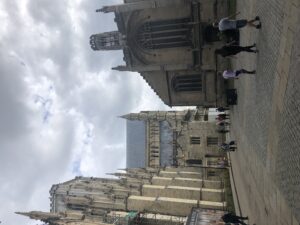 I wanted to reflect the global reach of the Norse trading routes with my character Erik, a man with a pitiful upbringing. His father is a powerful Jarl, and his mother was a captured Persian from the middle east. Trading with his half-brother has finally paid for his freedom, but after his father’s horrific treatment, Erik only longs for a peaceful future with a wife and children.
I wanted to reflect the global reach of the Norse trading routes with my character Erik, a man with a pitiful upbringing. His father is a powerful Jarl, and his mother was a captured Persian from the middle east. Trading with his half-brother has finally paid for his freedom, but after his father’s horrific treatment, Erik only longs for a peaceful future with a wife and children.
But that has to wait, because a woman from his past needs his help, and he needs her forgiveness:
Anger raced through her like lightning, burning away all reason.
She grabbed him by his broad shoulders and thrust him against the nearest wall. His hands in response locked around her biceps to steady himself, his grip firm, but not painful, and the heat that radiated from his fingers only angered her further, because of the effect it had on her. It caused her body to warm and her breath to catch in her throat, shivers of longing twisted in her gut and she thrust him back a second time, the plaster on the little house cracking and crumbling with the force.
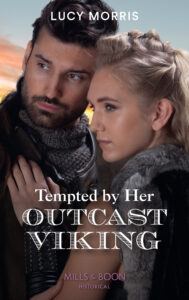 ‘I don’t like you!’ she snarled, ‘I’ve never liked you! So, let’s make this very clear. I do not care if you are sorry or not! Just do as you’ve promised and get my mother a damn farm!’
‘I don’t like you!’ she snarled, ‘I’ve never liked you! So, let’s make this very clear. I do not care if you are sorry or not! Just do as you’ve promised and get my mother a damn farm!’
They stared at one another, their breathing heavy and the tension between them thick in the silence. Their big bodies filled the space of the alley, making the wattle and daub buildings seem even more fragile and small, neither of them willing to back down, their bodies held in a tight balance of frustration and stubborn pride.
The dark pools of his eyes locked with hers and then dropped ever so slowly to her mouth. ‘There was a time when you liked me…’
Go to www.LucyMorrisRomance.com for more information, and to sign up to my newsletter.

